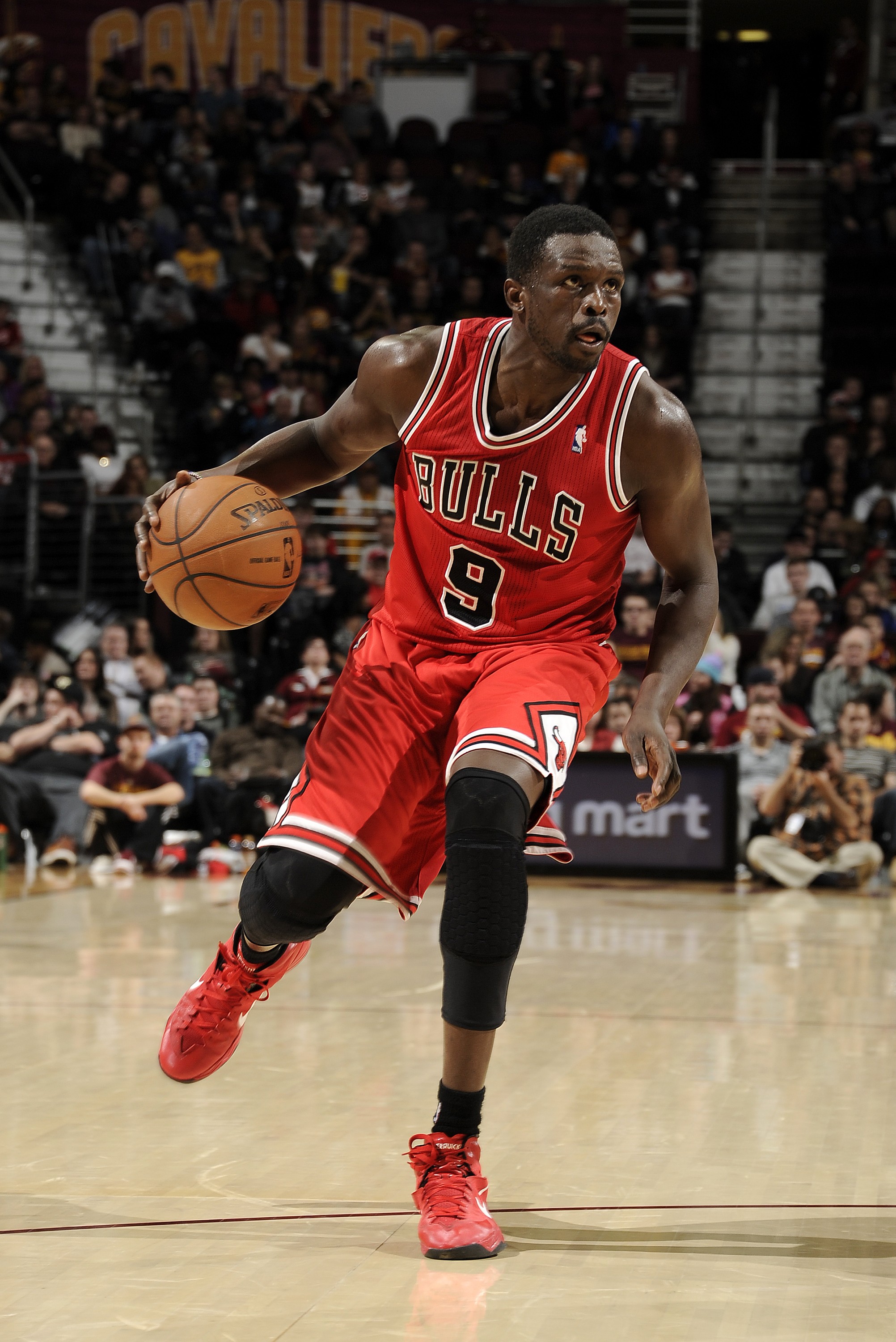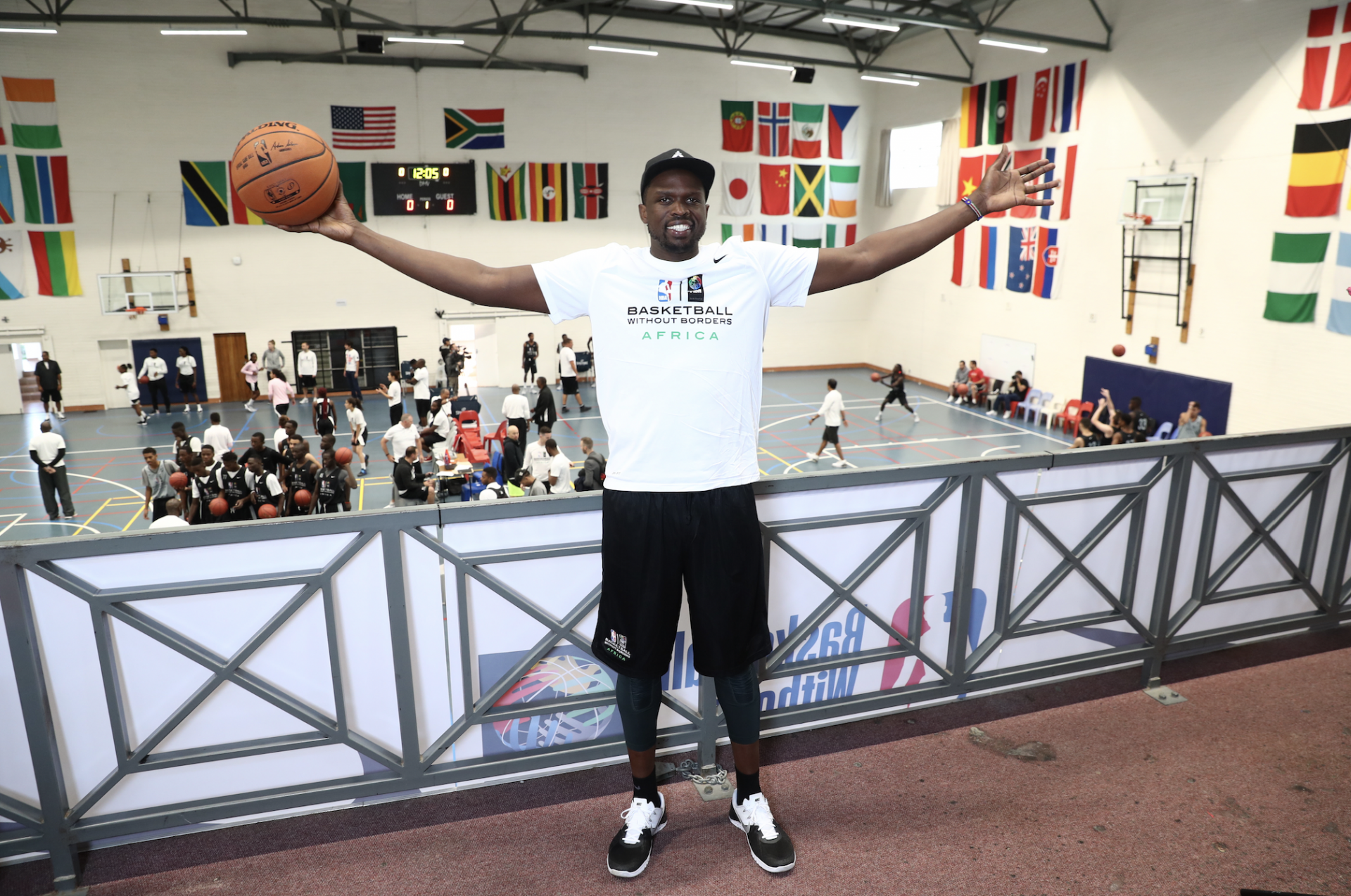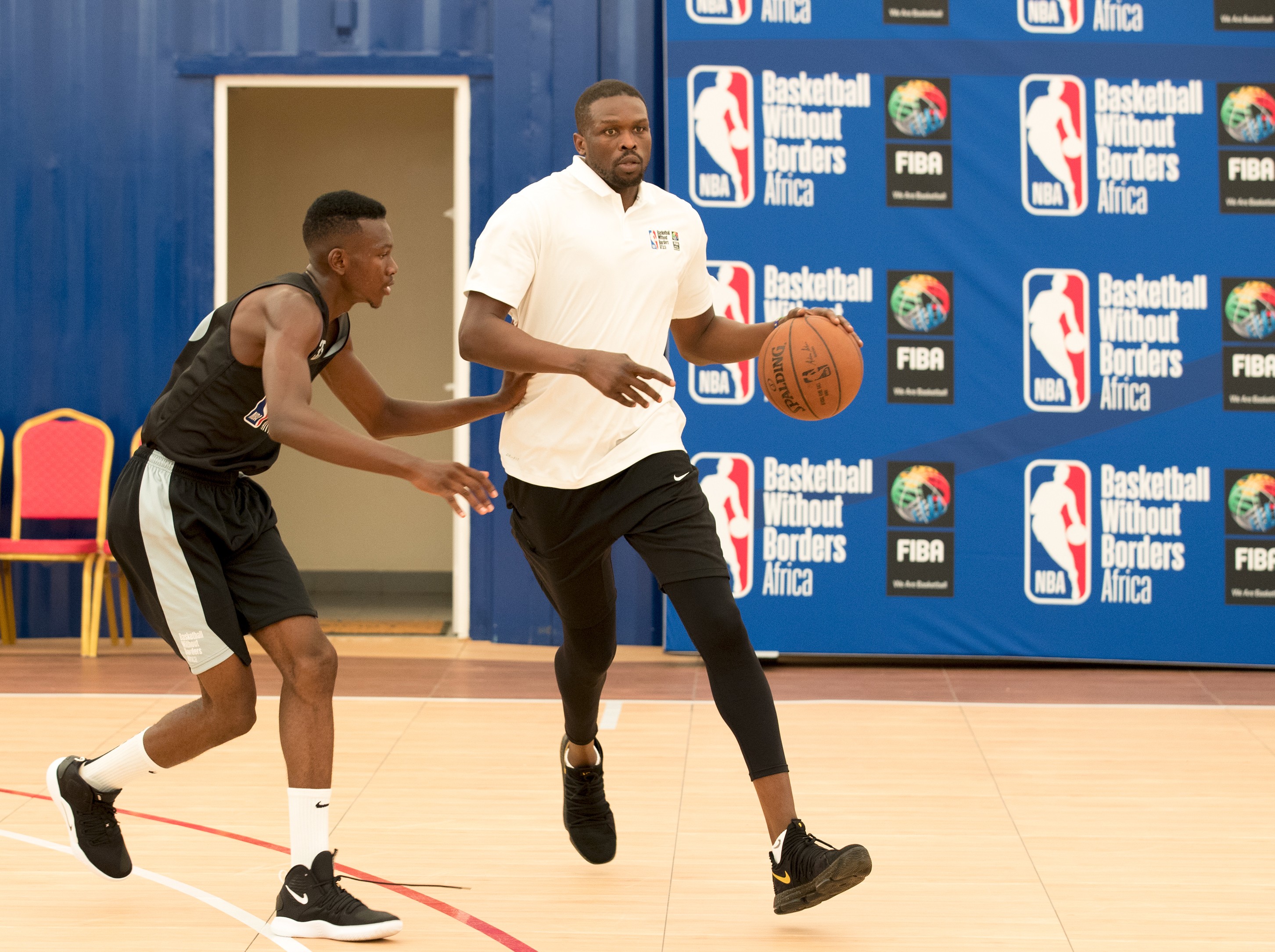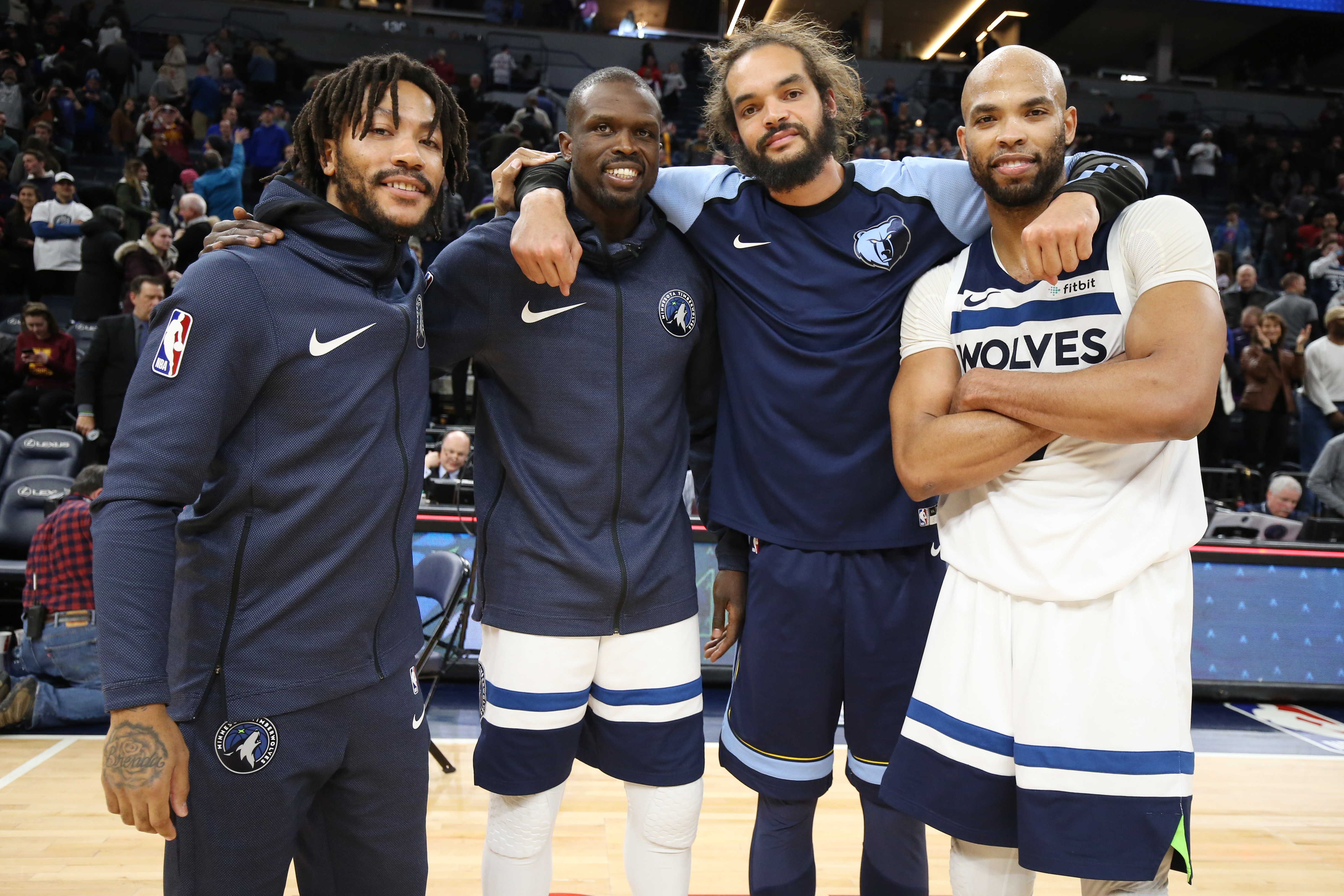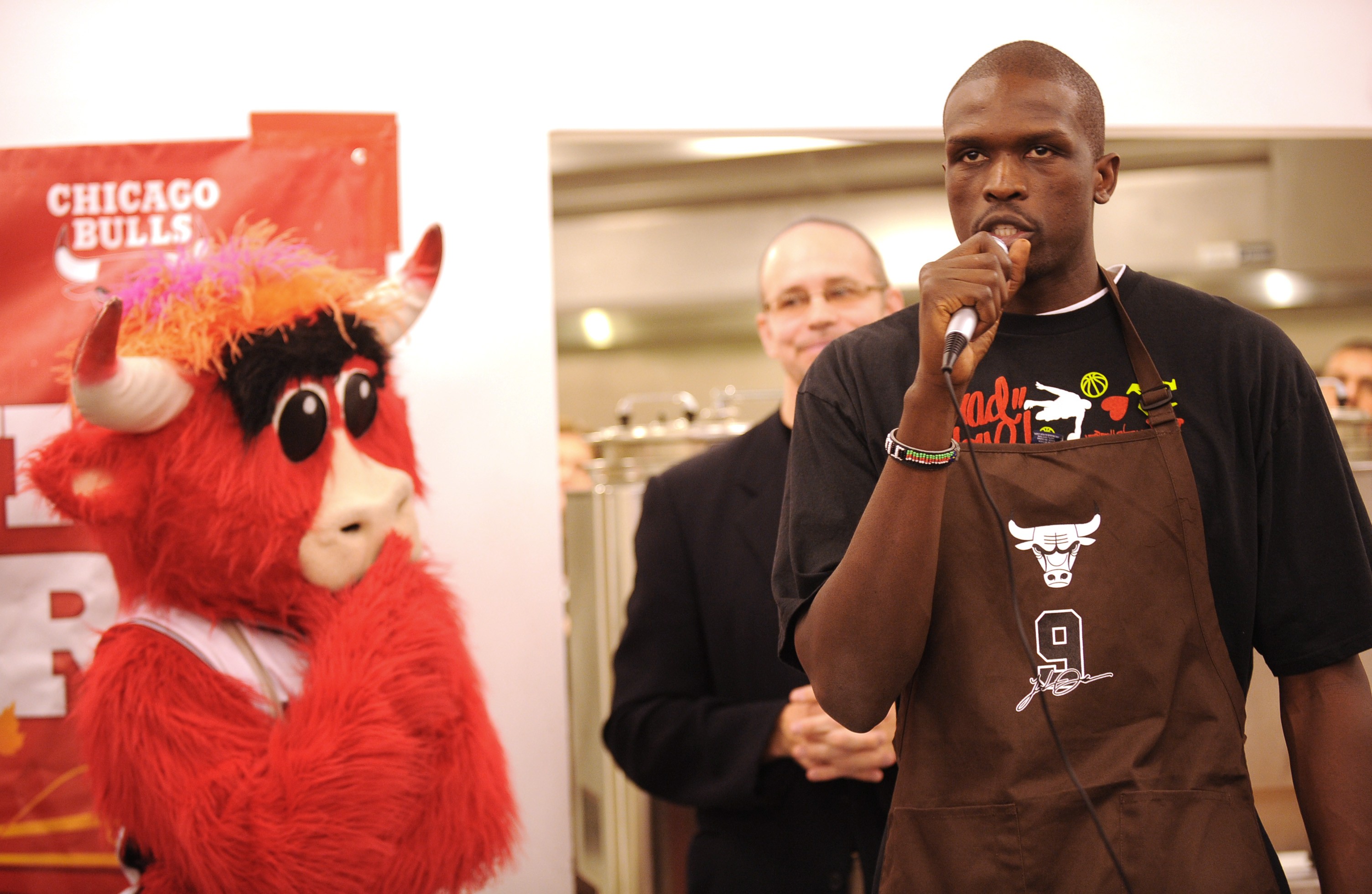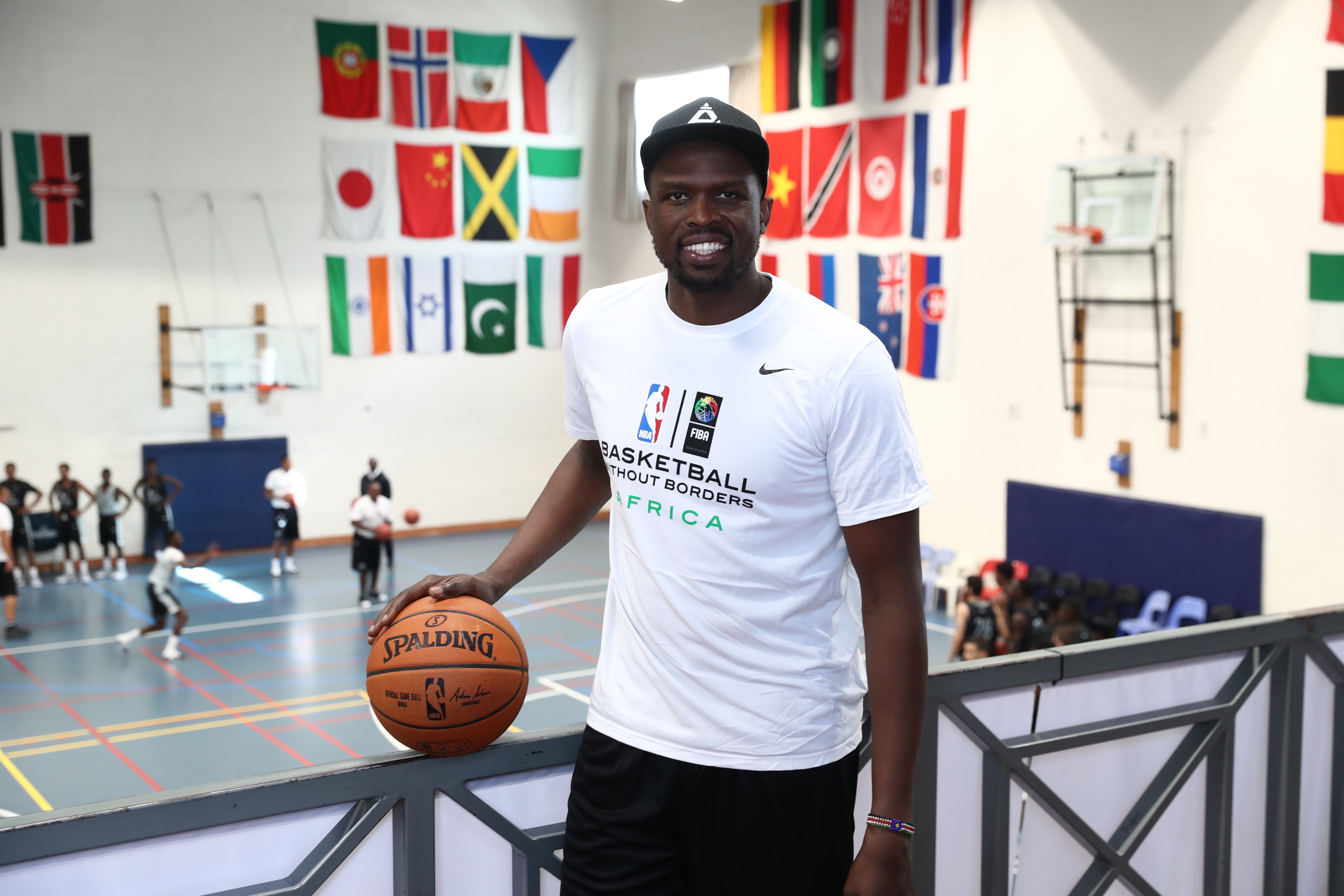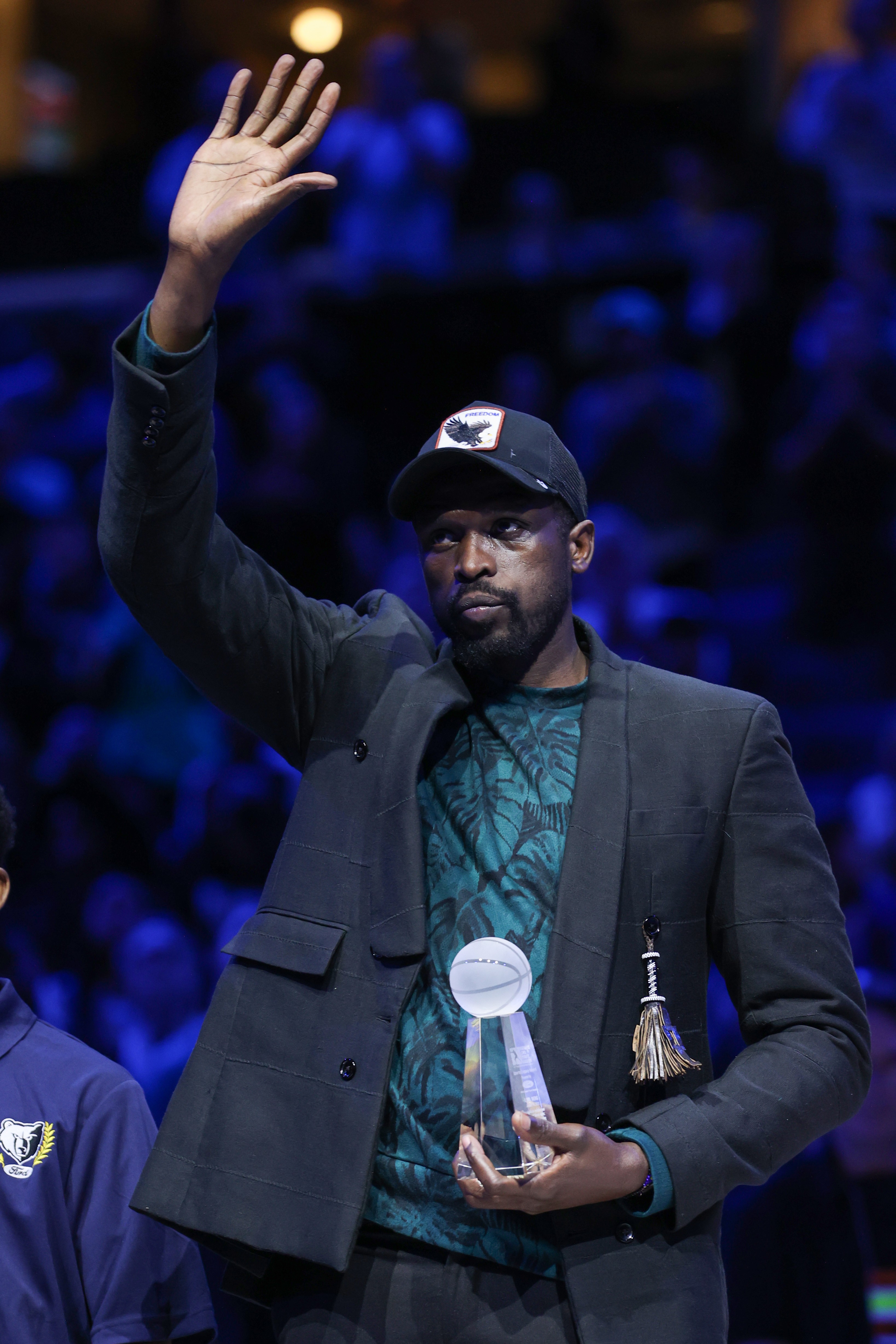Luol Deng didn’t remember the country of his birth.
The former Chicago Bull fled with his family to Egypt when he was just five to escape the toils of the Second Sudanese Civil War. So, when Deng finally returned to South Sudan in 2010, he didn’t recognize anything he saw.
Deng has called three countries — Egypt, the United Kingdom and the United States — home since his family first escaped the conflict. But South Sudan, a developing nation with 70% of its population under 27, has become the two-time NBA All-Star’s focus.
The Memphis Grizzlies organization honored Deng with the National Civil Rights Museum Sports Legacy Award for his charity work in South Sudan and other African countries as part of its 21st annual Martin Luther King Jr. Day celebration. While simultaneously maintaining a $125 million-dollar real estate empire, Deng runs the Luol Deng Foundation, which aims to better the lives of Sudanese and South Sudanese people through sports and education.
“For me to receive this award, it makes me happy,” Deng said. “I’ve dedicated my life from Day One.”
